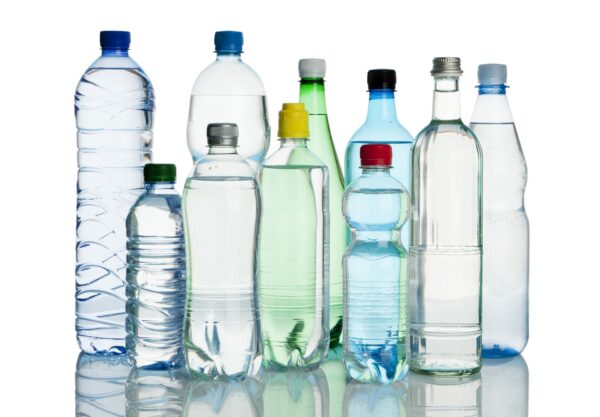A small study offers the first clue that the extra dose of Covid-19 vaccine may provide several organ transplant recipients needed to encourage in protection.
Even when most people who are vaccinated celebrate back to near normal, millions of people who take immune pressure drugs due to transplants, cancer or other disturbances remain in limbo – uncertain. This is only more difficult for vaccines to improve the weak immune system.
Monday’s study only track 30 transplant patients but is an important step towards learning if the booster dose can help.
It doesn’t help everyone. But from 24 patients who did not seem to have protection after routine two vaccinations, eight of them – the third – developed several antibodies of virus battle after extra shots, researchers from Johns Hopkins University reported on Annals of Internal Medicine. And six others who only have minimal antibodies that get a big boost from the third dose.
“It’s very encouraging,” said Dr. Dorry Segev, a Hopkins transplant surgeon who helped lead research. “Just because you are completely negative after two doses does not mean that there is no hope.”
Furthermore: working with the National Institutes of Health, Tim Segev hopes to start a more stringent test of the third vaccination in 200 transplant recipients this summer.
For transplant patients, strong immune suppressive drugs prevent rejection of their new organs but also make them very vulnerable to Coronavirus. They were excluded from the initial testing of the Covid-19 vaccine, but the doctor urged them to be vaccinated with the hope of at least some protection.
Some benefits. The Hopkins team recently tested more than 650 transplant recipients and found about 54% of virus battle antibodies accompanied after two doses of the same Pfizer or modern vaccine – although generally less than people who were vaccinated healthy.
This is not just worries after organ transplants. One study of patients with rheumatoid arthritis, lupus and other autoimmune disorders found 85% antibodies developed, said Dr. Alfred Kim from the University of Washington on St. Louis. But those who use certain types of immune suppressive drugs produce a lower level dramatically.
“We tell our patients to act like vaccines will not work and also for their family and friends,” Kim said, who wanted to test the third dose in autoimmune patients too. “This is news that greatly frustrates them.”
Doctors sometimes provide extra doses of other vaccines, such as hepatitis B shots, to people with a weak immune system.
And the guidelines incurred in France recommended the third Covid-19 shot for certain people pressed by immune, including transplant receivers, said Segev.
The U.S. Has not allow extra covid-19 vaccination. But throughout the country, more and more patients compromised immune looking for their own third dose – People Hopkins tried to test.
In San Francisco, Ladd Gillian approved a blood test before and after additional doses. Recipients of kidney and pancreas transplants, Ladd, 48, fears to leave their homes after learning, he did not have measurable antibodies even though there were two pfizer shots.
With an additional dose, “I’ve got what I need to survive,” Ladd said, but he was still attached to the mask and other precautions.
“I’m careful as I can while admitting that I will return to the living world,” he said.
Further research is needed to find out whether the third dose is really helpful, who is the best candidate and if there are brand differences – plus whether extra immune stimulation can increase the risk of organ rejection.
But the booster warning Segev is not the only possibility. In addition to antibodies, vaccinations usually spur other protection such as T cells that can fend off severe diseases. He and several other research groups are testing whether the patients who compromised immune benefit it.
For now, “The best way to protect these people is someone else to vaccinate” so that they tend to be exposed to Coronavirus, emphasizing Kim Washington University.

